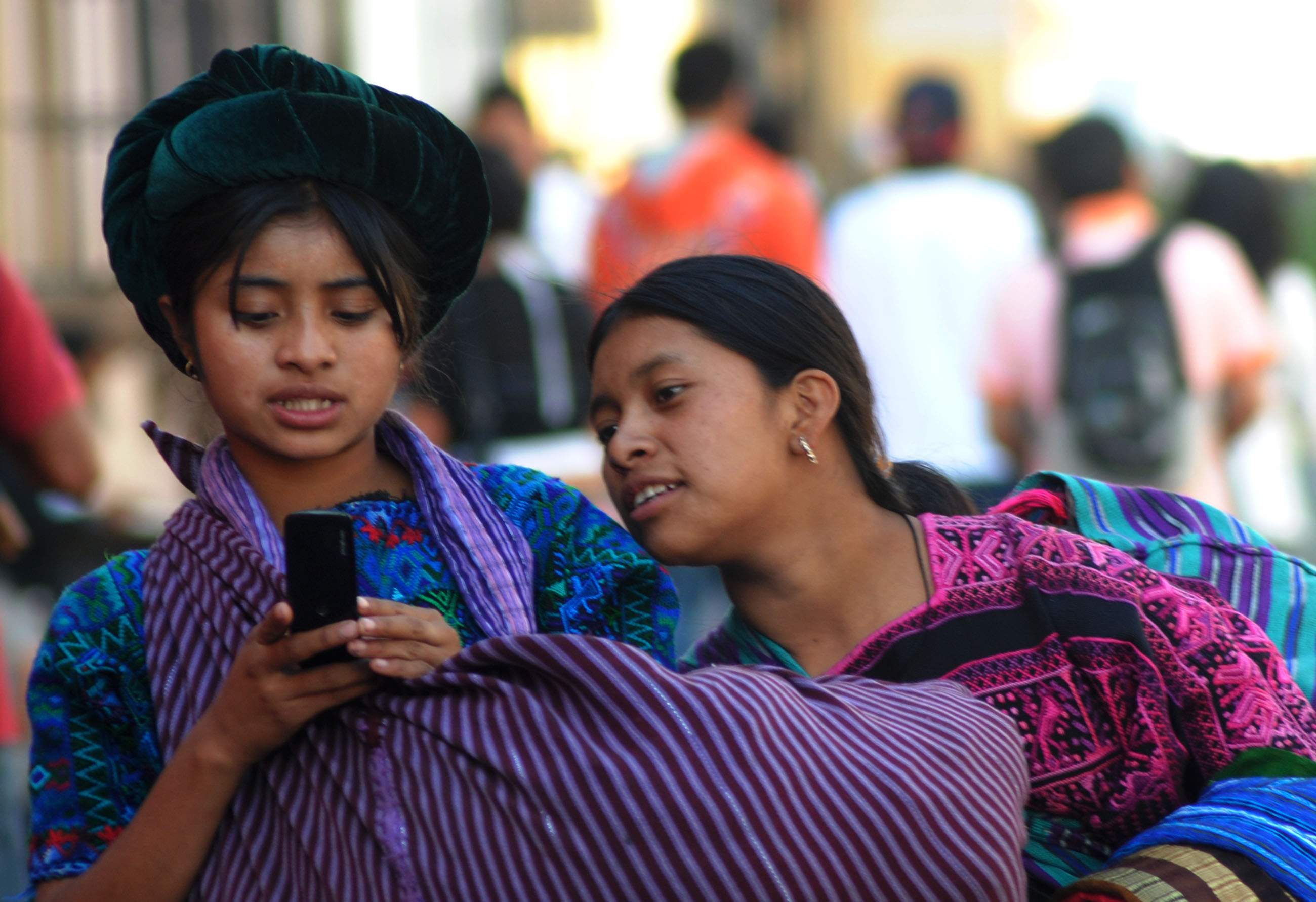 Some years ago there was a hype on the use of short message service
:summary: Some years ago there was a hype on the use of short message
service (SMS) communication solutions especially in the IT for
Development context and countries in Africa. And indeed, some remarkable
projects came out of this: Such as using SMS for HIV/AIDS education in
Uganda, providing farmers with relevant information through SMS in
India, China, Indonesia and Nigeria and convenient money transfer over
SMS in Kenya and Tanzania.
Some years ago there was a hype on the use of short message service
:summary: Some years ago there was a hype on the use of short message
service (SMS) communication solutions especially in the IT for
Development context and countries in Africa. And indeed, some remarkable
projects came out of this: Such as using SMS for HIV/AIDS education in
Uganda, providing farmers with relevant information through SMS in
India, China, Indonesia and Nigeria and convenient money transfer over
SMS in Kenya and Tanzania.
In Nicaragua SMS communication for the good, has been used least in two projects, both related with health issues:
- Chat Salud a SMS service for every teenager in Nicaragua to inform themselves about “embarrassing” topics on sexual health, sexually transmitted diseases and domestic violence.
- In cooperation with the University of Engineering (UNI), the Nicaraguan Ministry of Health (MINSA) uses a solution they call “Telemedicina” in the remote areas around Waslala with about hundred volunteer health promoters in each community to track basic vital signs of sick people in the communities in order to be able to take proper decisions about hospitalization in urgent cases.
Until just recently the used technology has been RapidSMS, a solid Open Source tool to interact and communicate over SMS with people and process the obtained information. This was good, but in all projects a team of professionals was needed to build the individual solutions, and it was required to dispose of a GSM modem as an endpoint.
This has changed now: A simple smartphone with internet access (over wifi or 3G) can be used as an endpoint to the regular cellphone network in any country. Easy communication flows can be designed comfortably using a nice online configuration tool to draw an understandable diagram.
Al this succeeded almost quietly, some days ago, when the African start-up company Nyaruka together with the UNICEF Innovation Centre published with an open source license a complete new version of an automated SMS messaging and processig application: RapidPro.
Everybody can use it and, because the source code is available, developers can extend the functionality. The software can be run on a independent server or hosting can que acquired as a web service called TextIt.
It became incredibly easy to set up a SMS survey or reminder application for anybody. No big expenses in hardware nor special deals with telecommunication companies are needed. Within minutes a new application can be created. And this can freely be used for such noble causes as providing better health in developing countries, but also is a great tool for surveys in social sciences or marketing and can be used for any kind of crowd-sourcing data collection for anybody. Think about it, there are too many good use cases where this can benefit.
- Fourth article article in my column “Brave new digital world” (Un mundo digital feliz) in the newspaper Confidencial.com.ni, where it has been published in Spanish language.
- Photo by Josué Goge
- Special thanks to Cinthia Membreño